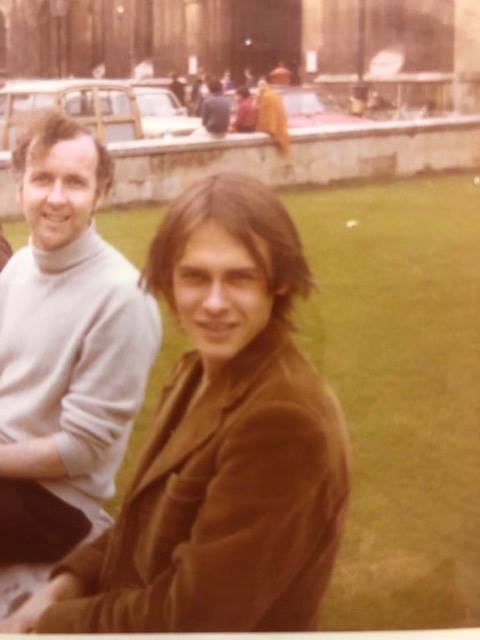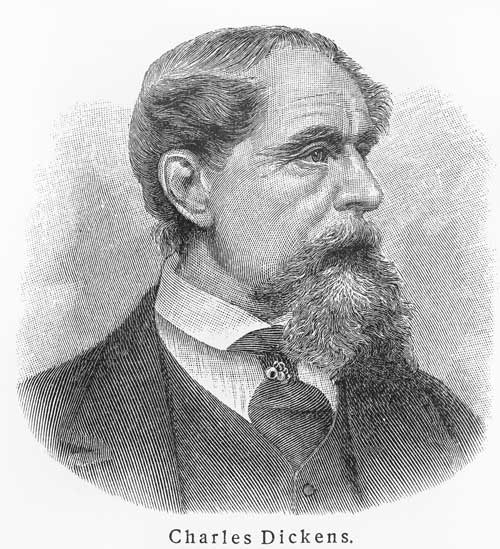]]>Mason, author of the YA novel The Last Synapsid, makes his adult debut with an audacious historical thriller. In 1860, Chief Det. Insp. Charles Field, the inspiration for Inspector Bucket in Dickens’s Bleak House, is part of the added security force for Queen Victoria and Prince Albert after several assassination attempts. One day, Field is guarding the route the royal couple’s carriage is taking through London when he spots 18-year-old pickpocket Stevie Patchen, who appears to be holding a weapon. Field tackles Patchen, only to realize that the youth was a decoy. The actual gunman, Philip Rendell, a former bookkeeper, is able to fire only a few stray shots at the carriage before he’s apprehended. In the ensuing confusion, someone cuts Patchen’s throat and removes one ear, leading Field to suspect a conspiracy. The intelligent plot features prominent figures of the time, including Karl Marx, who may have a link to Rendell, and Charles Darwin, whose heretical theory of evolution has unsettled some very powerful men. Wry prose and vivid period detail help make Mason’s speculations feel plausible. Agent: Gail Hochman, Brandt & Hochman. (June)
Publisher’s Weekly
]]>The real-life Victorian police detective who was the inspiration for Charles Dickens’ Mr. Bucket serves as the main character in a fast-paced historical mystery. Although this is Mason’s debut novel for adults, he’s an accomplished playwright. Those skills are evident in the crisp dialogue and well-structured scenes of this book. It begins with a bang in 18 60 as Chief Detective Inspector Charles Field, assigned to guard Queen Victoria and Prince Albert during a public appearance, witnesses an assassination attempt. The shooter, who’s arrested, is mentally ill, but Field quickly begins to suspect the man is just a tool of a conspiracy—one connected to the controversy over the new ideas of the naturalist Charles Darwin. Field’s determined pursuit of the truth is sometimes snagged by his celebrity; Dickens fans, including some in the royal family, insist on calling him “Mr. Bucket” and confusing the fictional policeman with the real one. Field persists, however, plunging into a dizzyingly complex plot that takes him all over London and off to Germany. The cast of characters teems with satisfyingly despicable villains, many of them based on real aristocrats and scientists. The most villainous, however, is the memorably terrifying Decimus Cobb, a former choirboy-turned-Victorian-era Hannibal Lecter. Countering Cobb and the other bad guys are the earnestly heroic Field, his resourceful wife, a kidnapped butcher’s boy, and Prince Albert, who gets a touchingly human portrayal. There are cameos by such famous figures as Karl Marx, Dickens, and, of course, Darwin. With many grisly murders and many shocking surprises along the way, the book rockets toward a last dark twist.
Careful research, a driving plot, wry wit, and compelling characters make this a most entertaining read.
Kirkus

View the list here.
The Darwin Affair is available June 11th. Pre-order Now!
]]>Medical science, which for all centuries previous was something of a oxymoron, began to be a reality. Surgery moved from the barber shop to the classroom. Baby steps, admittedly. You still had a good chance of dying from infection when you went under the knife, especially if you were poor and operated on in a hospital. If you were wealthy, the surgeon would do his work in your front parlor, and wouldn’t have taken his hands directly from another person’s insides to yours. But surgery did begin to save lives as well as take them, in hospital and out. Suddenly physicians clamored to learn the skills.
At the same time, the number of corpses available for dissection plummeted. The only bodies legally available for study were those of executed prisoners, for the most part. But the humane advances that the 19th century gained from the Enlightenment were ruinous for the hangman. Where you used to be hanged for the theft of a loaf, a lamb, or pocket-watch, now you had to be a real stinker to get a noose round your neck. Medical schools needed bodies desperately, but they couldn’t get them.
Answering the call of supply and demand came the body-snatchers.
A favored technique involved the nocturnal digging of a relatively small hole near the top of the burial site, descending and opening that end of the coffin and pulling the corpse out head-first. Less dirt was disturbed this way, and the diggers’ tracks could more easily be covered. Sometimes the entry hole would be dug several feet from the grave, so as not to attract notice. A tunnel would be constructed and small adults or sturdy children would be sent down to open the box and haul out the body. All of this had to be accomplished as soon after the burial as possible for obvious reasons, especially in the warmer months. The situation got so troublesome that families would post guards to watch over their loved ones’ plots during the first critical days.
The snatchers called themselves Resurrectionists. They were always busy.
– The Darwin Affair
Then again, why bother digging someone up to sell his body? Just kill him, and haul the body to the nearest hospital or medical school possessed of a tolerant spirit and a desperate need.
Take this trio, for instance: Thomas Williams, John Bishop, and James May, working together in 1830. They befriended their intended victims, gave them rum spiked with laudanum, and when they were unconscious, pitched them into a well with a rope round their ankles. No bullet holes, no knife wounds! They had unmarked corpses to sell, and they got £7 or £8 pounds per body, without all the fuss of digging them up.
Win, win.
James May was acquitted. Bishop and Williams were hanged on the 5th of December, 1831, before an eager crowd reputed to number 30,000.
Win, win.
One afternoon I walked into a bookstore, feeling a bit lost. I searched the shelves for something that might offer firm ground on which to stand. Nothing contemporary, my day to day struggles were all I needed of contemporary life, and then some. I took down a classic: David Copperfield, by Charles Dickens.
The young woman at the counter took the book from me, smiled and looked up. “If you’ve got Dickens in your life,” she said, “you never need to be lonely.”
Where did she get such wisdom?

Dickens, his novels and his characters have been my companions, through thick and thin, ever since. This book comes from one of them, in a sense. More specifically, The Darwin Affair comes from Mr. Bucket.
Inspector Bucket is the private investigator who darts here and there in the landscape of Bleak House. If he has a first name, I never heard of it. Perhaps his parents didn’t think one necessary; perhaps he didn’t have parents; perhaps he just appeared. Throughout the book, Bucket doesn’t enter rooms, he materializes in them. He’s the sly, manipulative intelligence who gets people’s cooperation without their knowing it. He is one of the first ever fictional detectives, and he haunted me for years.
Wouldn’t it be fun, I thought, to write a novel in which he was the main character, instead of being a member of the supporting cast. But the story that gathered around him involved actual historical characters. Darwin, Prince Albert, Robert FitzRoy. That wouldn’t work. But then I discovered Mr. Bucket had a real-life counterpart. Dickens always denied that his fictional character was modeled after a very real London police detective, Charles Frederick Field, but it’s almost certain he was. This discovery gave me permission to proceed.
Of course, my fictional version of Dickens’ fictional version of Detective Inspector Charles Field doesn’t think Dickens got it right at all. It’s not a bit like me!
I have a feeling the real Charles Field might say the same about mine, but I’ve grown very fond of my Inspector Field in the years it took me to write this novel. He has become very like a friend. As did his friends. Thereby proving how right the young woman at the bookstore was, all those years ago.
If you have Dickens in your life, you never need to be lonely.
]]>